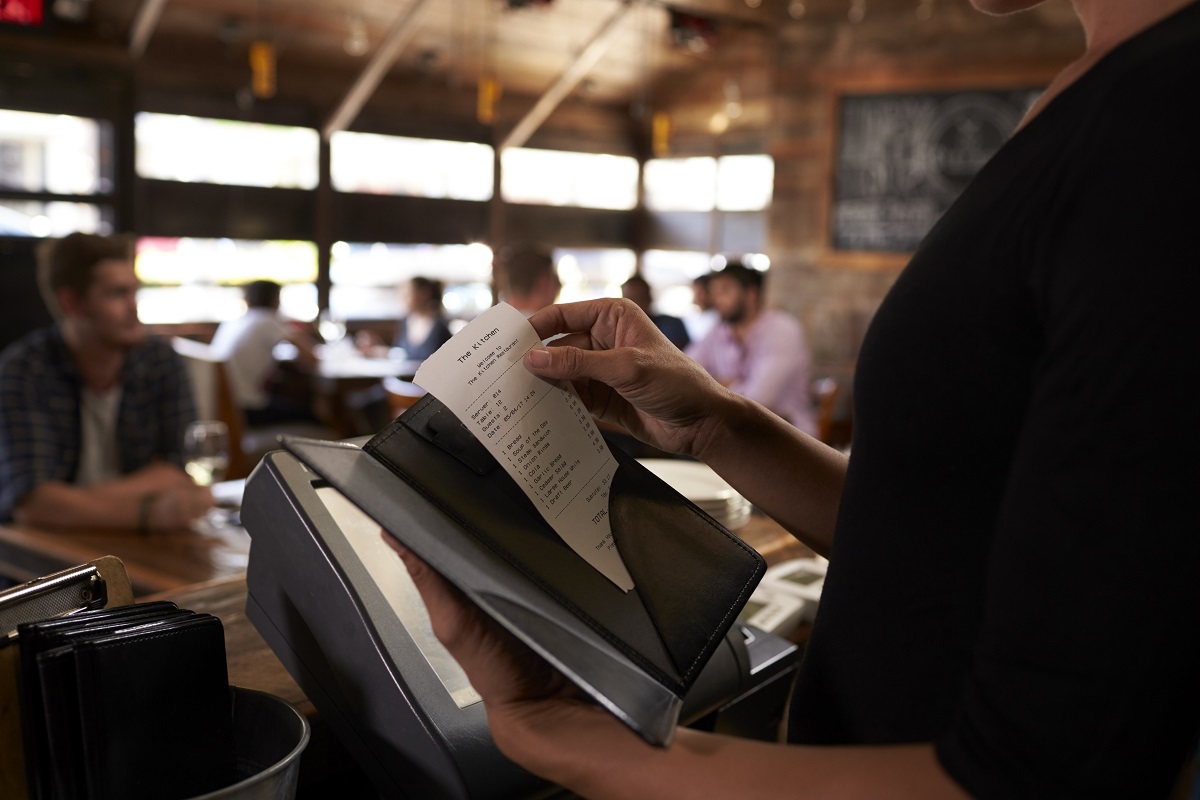30 hotels of Himachal Tourism running in losses
Deputy Chief Minister Mukesh Agnihotri informed this to the state Assembly during Question.
The top 5 cities of service charge complaints are New Delhi, Bangalore, Mumbai, Pune and Ghaziabad with 18, 15, 11, 4 and 3 complaints respectively.

(Representational image: iStock)
The Central Consumer Protection Authority (CCPA) has directed district collectors to ensure the enforcement of guidelines issued with regard to service tax by hotels and restaurants.
Upon receiving related complaints, the district collectors have been asked to conduct an investigation pertaining to the violation of the guidelines and submit a report to the CCPA within 15 days.
The CCPA has written to the chief secretaries of all states/UTs and district collectors across the country to arrange wide publicity of the guidelines along with its immediate implementation for protection of consumer interest.
Advertisement
The letter gives clear direction that levying of service charge is in violation to the guidelines and constitutes unfair trade practice wherein affecting rights of consumers as a class, and cognizance of such complaints must be taken on priority.
A number of consumers have registered their complaints on the National Consumer Helpline (NCH) with regard to the levying of service charges.
From 01.04.2021 to 20.06.2022, 537 complaints were lodged by consumers on levying of service charges. The major grievances include hotels/restaurants making service charge compulsory, embarrassing consumers in case they resist paying service charges, adding service charges by some other name and suppressing from consumers that paying service charge is optional and voluntary.
From 05.07.2022 to 08.07.2022 i.e., after the guidelines were issued by CCPA, 85 complaints have been registered on the NCH. The top 5 cities of service charge complaints are New Delhi, Bangalore, Mumbai, Pune and Ghaziabad with 18, 15, 11, 4 and 3 complaints respectively.
Nidhi Khare, Chief Commissioner, CCPA has clarified that the guidelines are not advisory in nature and are fully enforceable by law.
If any consumer finds that a hotel or restaurant is levying service charge in violation to the guidelines, he/she may make a request to the concerned hotel or restaurant to remove service charge from the bill amount. Or the consumer may lodge a complaint on the NCH, which works as an alternate dispute redressal mechanism at the pre-litigation level by calling 1915 or through the NCH mobile app.
The consumer can also file a complaint against unfair trade practice with the Consumer Commission. The complaint can also be filed electronically through e-daakhil portal www.edaakhil.nic.in for its speedy and effective redressal.
In addition, the consumer may submit a complaint to the district collector of the concerned district for investigation and subsequent proceedings by the CCPA. The complaint may also be sent to the CCPA by e-mail at com-ccpa@nic.in.
The difference between the new guidelines issued by CCPA and the previous guidelines by the Department of Consumer Affairs is that, in the intervening period, the erstwhile Consumer Protection Act, 1986 was replaced with the Consumer Protection Act 2019, which came into effect in July 2020. It created a new statutory body i.e., the Central Consumer Protection Authority, which has been empowered by Parliament to take cognisance of the unfair trade practices. Therefore, any violation of the guidelines will be viewed seriously and appropriate action will be taken for unfair trade practice and violating the rights of consumers.
Advertisement